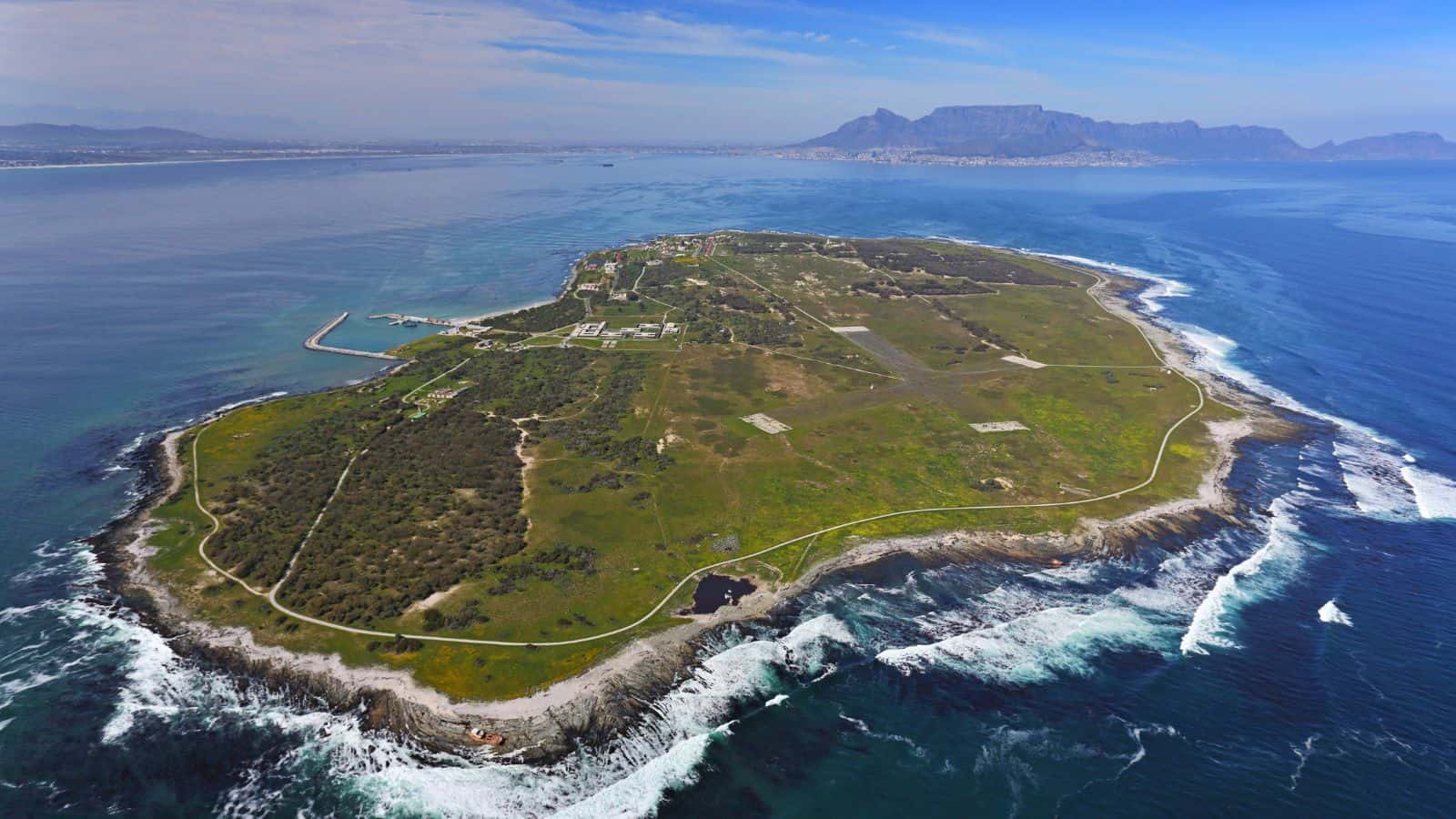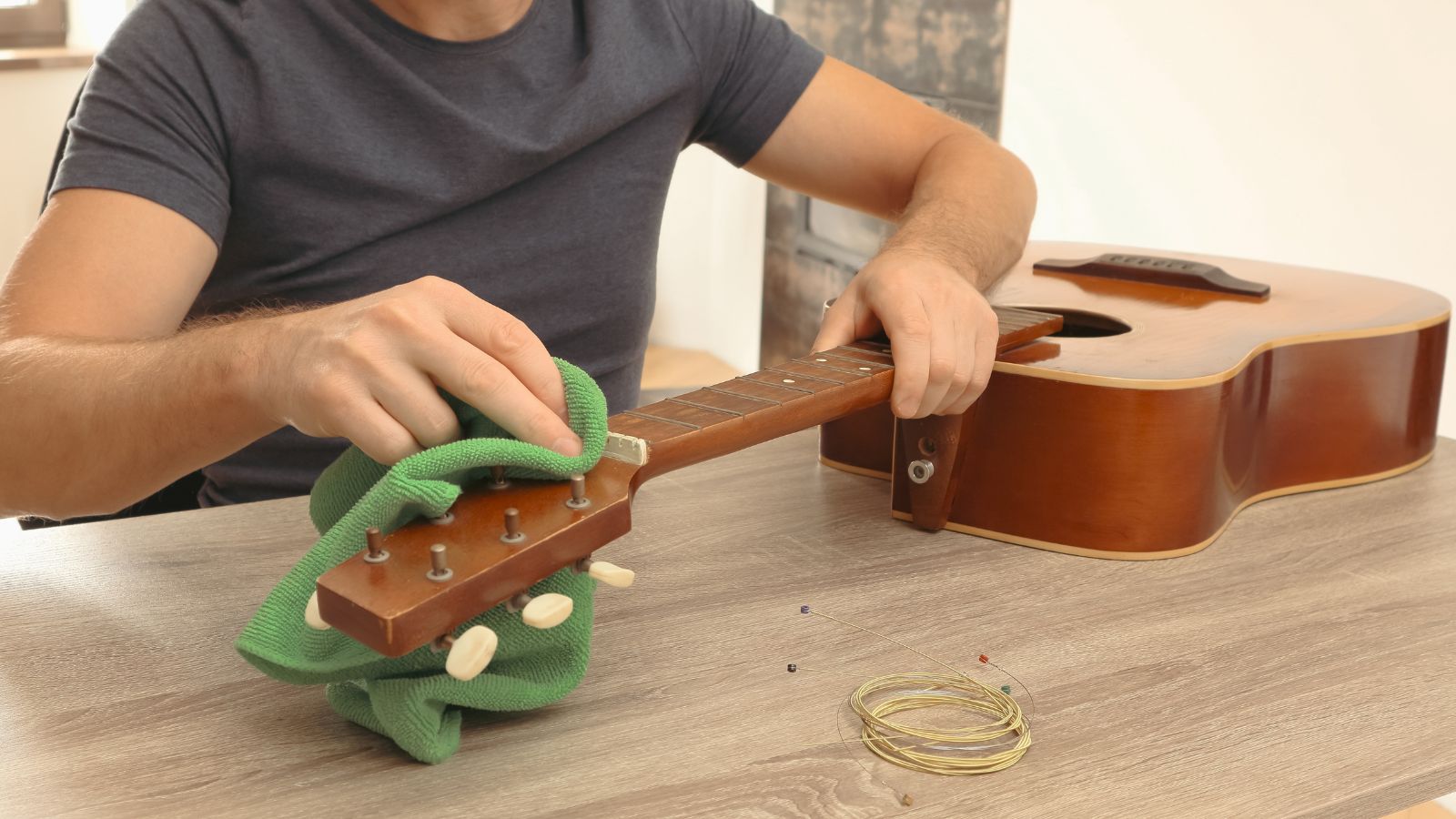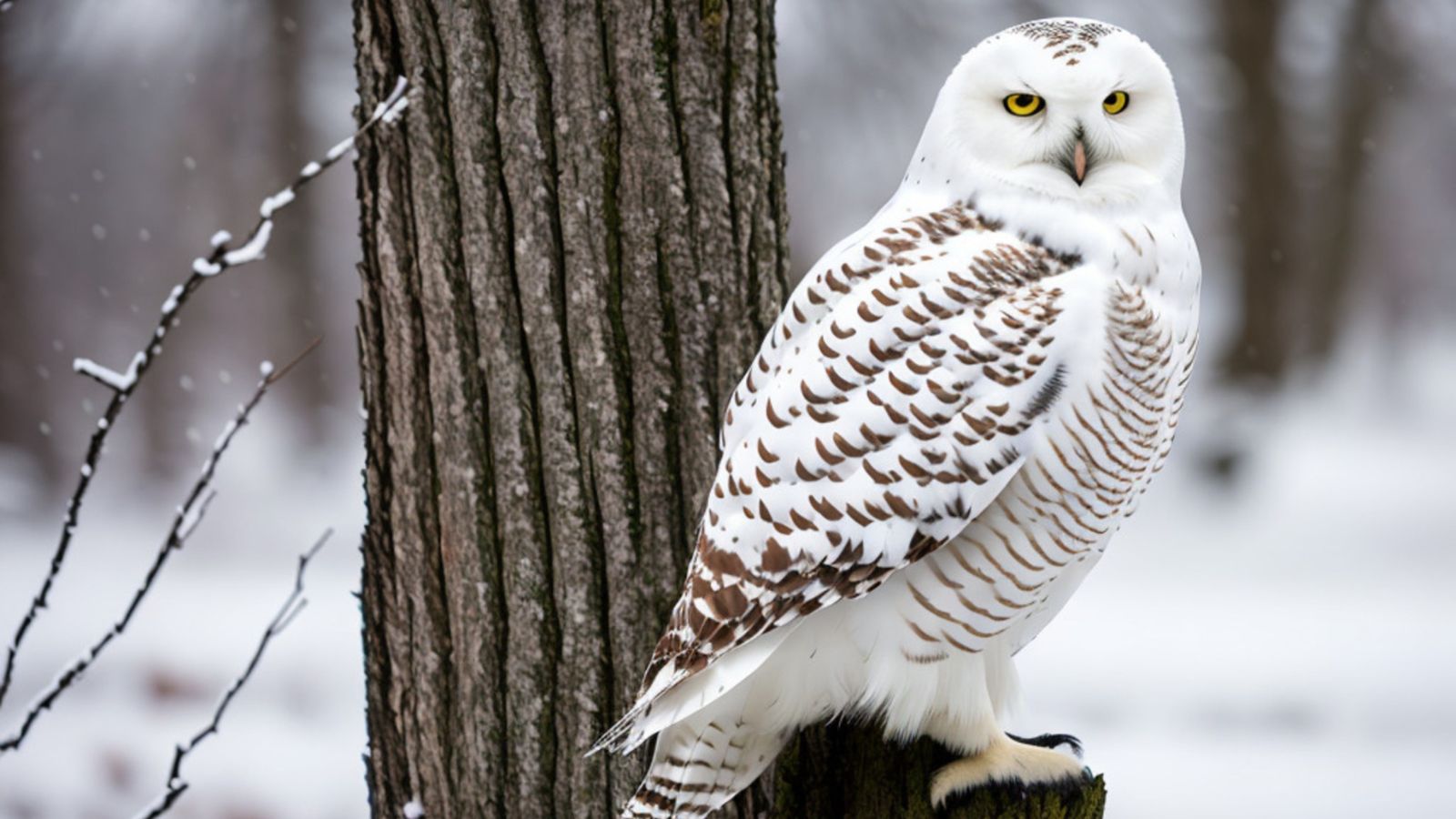Out of all the languages in the UK, Welsh is perhaps the most mystical and poetic. It’s an incredibly unique language, so much so that it’s often difficult to translate. If you don’t know what we mean, here are 18 Welsh words that have no English equivalent.
Hiraeth

When you experience a profound longing for home that goes beyond mere homesickness, the BBC explains that this is called Hiraeth in Wales. The word encompasses a sense of nostalgia and yearning for a place, time, or even a person that may no longer exist or may never have existed. It demonstrates just how deep of an emotional connection Welsh people hold to their country.
Cwtch

More than just a hug, a Welsh cwtch is an embrace that offers warmth, love, and a sense of safety. It’s a special kind of cuddle that conveys deep affection and comfort, often between close family members or dear friends, creating a moment of genuine emotional support.
Cynefin

This word describes a place where a person or animal feels it ought to live; it’s essentially a habitat, but it represents a sense of belonging and being at home in a particular environment. For example, if a Welsh dog seems to naturally gravitate to a particular corner of its home, that’s its cynefin.
Glaswen

Glaswen is a term for a smile that is tinged with sadness, something that most cultures will be familiar with despite not having a word for it. It reflects the complex emotions of happiness and sorrow intermingling, a bittersweet smile that acknowledges both the joy and the pain of a moment.
Morfa

In Welsh, a morfa is a coastal marsh or grassy plain near the sea, which is ubiquitous across the unique landscapes of the Welsh coast. It’s a place of natural beauty and ecological significance, often rich in biodiversity; you definitely need to visit some if you never have.
Trwsio

There’s no denying that the Welsh language often looks confusing, just like the word trwsio. This means going beyond merely fixing or repairing something–it implies restoring something to its original, or even better, condition. This word embodies the care and attention to detail that the Welsh have when making things right again.
Dwt

Another Welsh word that is particularly hard to pronounce is dwt, a term of endearment for a small child or pet, akin to calling someone “sweetie” or “little one.” It conveys affection and tenderness, often used by family members or close friends to express their fondness for the youngest or smallest among them.
Gwdihŵ

Stepping things up a notch, gwdihŵ is particularly confusing to look at, especially because of its accented ‘w.’ It means the sound of an owl’s hoot, but it also refers to the owl itself. Gwdihŵ encapsulates both the creature and its distinctive call, emphasizing the auditory experience of nature and the presence of this nocturnal bird in the Welsh countryside.
Hwyl

More than just fun or amusement, hwyl refers to a sense of spirited joy and enthusiasm. It captures the lively energy of a good time, whether it’s in the context of a social gathering, a sporting event, or any situation where people are enjoying themselves. It’s essentially Wales’ version of the Irish ‘craic,’ although the English don’t really have an equivalent.
Ysbrad

If you ever hear a Welsh person mention a ysbrad, watch out–it means a ghostly presence or a sense of the supernatural is around. Ysbrad can refer to an actual ghost or the eerie feeling of something otherworldly being nearby. It taps into the rich folklore and mystical traditions that are a part of Welsh culture, so you’d be surprised at how often you hear about it.
Nefoedd

Nefoedd means “heavens” or “paradise” in Welsh, but it also conveys a sense of ultimate peace and serenity. It’s used to describe both the physical sky and a state of blissful tranquility, often in a spiritual or contemplative context.
Sws

Yet another simple but affectionate term in Welsh is sws, meaning a kiss. Sws is used to express love and endearment, typically in a gentle and tender manner. It highlights the intimate act of kissing as a gesture of closeness and affection between loved ones.
Llonydd

The word llonydd signifies stillness and tranquility in Wales, both in the physical and emotional sense. It can describe a peaceful landscape, a quiet room, or a calm state of mind, emphasizing the importance of finding moments of peace and quiet in daily life.
Cyfri

More than just counting or calculating, cyfri involves careful and thoughtful consideration of numbers or quantities. It reflects a meticulous approach to tasks that require precision and accuracy, often associated with traditional practices and crafts.
Cwmwl

Another Welsh word that has no English equivalent is cwmwl, meaning a cloud in the sky, but also specifically in reference to a mood or state of mind. Cwmwl can describe the literal clouds that drift across the Welsh landscape, but usually, it describes a figurative cloud that hangs over someone, indicating a feeling of gloom or uncertainty.
Chwysu

The act of sweating, especially in the context of hard work or exertion, is described as chwysu in the Welsh language. It captures the physical effort and determination involved in tasks that require significant energy, highlighting the connection between physical labor and personal achievement.
Ysbrydoliaeth

The longest word on this list, ysbrydoliaeth, means inspiration or the creative spark that drives artistic and intellectual endeavors. It reflects the profound influence of an idea or muse that motivates someone to create, innovate, or pursue a passion. If you really want to impress a Welsh artist, use this word, or better yet, spell it out.
Clustfeinio

If you were to eavesdrop or listen in on a conversation in Wales, especially with a sense of curiosity or mischief, this would be called clustfeinio. It captures the act of paying close attention to what others are saying, sometimes secretly, and the intrigue or information gained from doing so. It’s a little like eavesdropping but with less negative connotations.

